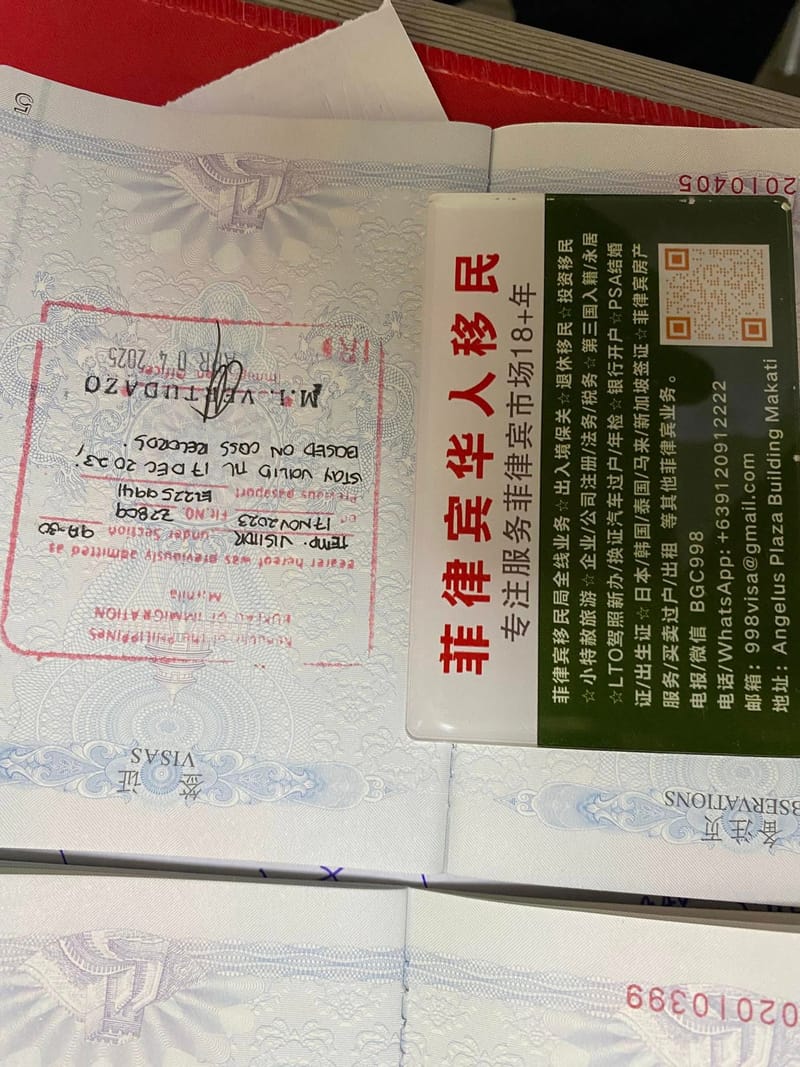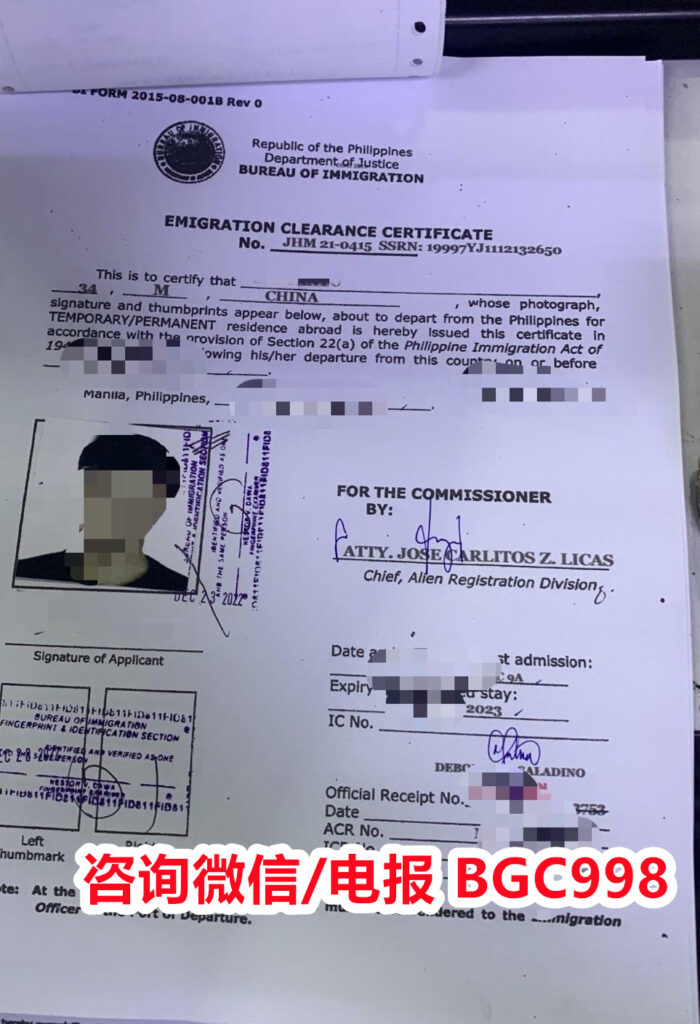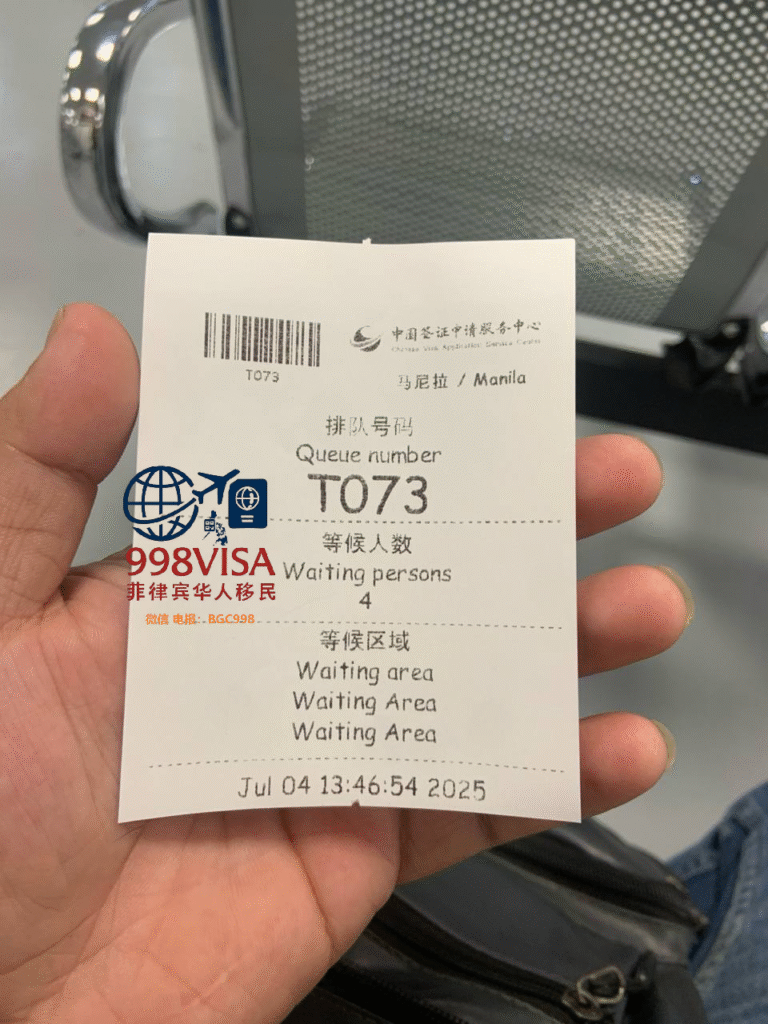Is it possible to convert another type of visa into a Philippines marriage visa (13A)?

Can a Philippines marriage visa (13A) holder apply for Philippine citizenship in the future?
Yes, a foreign spouse holding a Philippines marriage visa (13A) may later apply for Philippine citizenship, provided they meet the residency and legal requirements under the Philippine Naturalization Law. Generally, naturalization requires at least 10 years of continuous residence in the Philippines, though this period can be reduced to 5 years for applicants married to Filipino citizens. The applicant must also demonstrate good moral character, a lawful source of income, and integration into Philippine society, such as proficiency in English or Filipino and knowledge of Philippine customs. While the 13A visa itself does not automatically lead to citizenship, it serves as the foundation for long-term legal residency, which is a prerequisite for naturalization. Many foreign spouses choose to remain permanent residents rather than apply for citizenship, but the option is available for those who wish to fully embrace Philippine nationality and enjoy rights such as voting and owning land without restrictions.

What taxes must a Philippines marriage visa (13A) holder pay?
Holders of a Philippines marriage visa (13A) are considered permanent residents, and as such, they are subject to the country’s tax laws. If they earn income within the Philippines—whether from employment, self-employment, or business—they must pay income tax to the Bureau of Internal Revenue (BIR). If they earn income abroad but reside primarily in the Philippines, certain tax rules may also apply, depending on tax treaties between the Philippines and the foreign spouse’s home country. Aside from income tax, they may also be liable for other taxes such as value-added tax (VAT) if they operate a business, or property tax if they own real estate. However, they do not pay additional “foreigner-only” taxes simply because of their residency status under 13A. To avoid penalties, it is essential for 13A holders to register for a Tax Identification Number (TIN) and file annual returns as required by law.
Is it possible to convert another type of visa into a Philippines marriage visa (13A)?
Yes, foreign nationals who are already in the Philippines under a different visa type can often convert their status to a Philippines marriage visa (13A), provided they meet the marriage and residency requirements. For example, a tourist visa holder who marries a Filipino citizen may file for conversion without leaving the country. The Bureau of Immigration will require submission of the same documents as a new application, such as a valid marriage certificate, financial proof, police clearance, and medical exam. The conversion process allows couples who married after arrival in the Philippines to remain together legally without the foreign spouse having to exit and reapply abroad. However, it is important to begin the conversion process before the current visa expires, as overstaying can result in penalties and complicate the application. This flexibility makes the 13A visa accessible to many foreign spouses regardless of their initial entry visa.

What happens if a Philippines marriage visa (13A) holder divorces or separates from their Filipino spouse?
The Philippines marriage visa (13A) is based on the validity of the marital relationship. If the marriage is annulled, legally dissolved, or the couple permanently separates, the basis for the visa no longer exists. In such cases, the Bureau of Immigration may revoke the 13A visa and require the foreign spouse to either leave the country or apply for an alternative visa, such as a work visa, investor visa, or retirement visa. However, if the couple has children, immigration authorities may consider special circumstances, though the legal framework generally requires that the 13A be tied directly to the Filipino spouse. Because the Philippines does not legally recognize divorce in most situations, annulment is the primary legal route to dissolving a marriage. To protect their residency status, foreign spouses should explore alternative visa pathways if the marriage is no longer valid under Philippine law.

Can a Philippines marriage visa (13A) holder buy property in the country?
A Philippines marriage visa (13A) holder does not automatically gain the right to own land, as Philippine law restricts land ownership to Filipino citizens. However, the Filipino spouse can legally own property, and the foreign spouse may co-own structures such as houses or buildings built on the land. In some cases, property can be registered in the Filipino spouse’s name, with legal safeguards such as prenuptial agreements or usufruct rights protecting the foreign spouse’s interests. Additionally, foreign nationals—including 13A holders—can legally own condominium units, provided that foreign ownership in the building does not exceed 40%. Many couples use this route to secure property investments together. While the 13A provides permanent residency and the ability to live in the Philippines without restrictions, it does not override constitutional limitations on land ownership. Careful legal planning is recommended when making property investments as a mixed-nationality couple.
How often must a Philippines marriage visa (13A) holder report to the Bureau of Immigration?
Even though the Philippines marriage visa (13A) grants permanent residency, holders are still required to complete the Annual Report with the Bureau of Immigration. This report is usually due in the first 60 days of each calendar year and involves presenting the Alien Certificate of Registration (ACR I-Card), paying a small processing fee, and confirming personal information such as address and marital status. The Annual Report is a straightforward process but is mandatory to maintain valid residency status. Failure to comply can result in fines, penalties, or complications with renewals. In addition, 13A holders must also renew their ACR I-Card periodically, usually every five years. These requirements ensure that immigration authorities maintain up-to-date records of all resident foreign nationals. While the obligations are not overly burdensome, they are important to remember to avoid issues with long-term residency.
Can a Philippines marriage visa (13A) holder open a business?
Yes, foreign nationals holding a Philippines marriage visa (13A) may establish and operate a business, though there are some restrictions under the country’s foreign ownership laws. Certain industries are reserved for Filipino citizens, but many businesses allow foreign participation with a required percentage of Filipino ownership. Being married to a Filipino citizen can simplify business arrangements, as the Filipino spouse can hold majority ownership while the 13A holder manages operations. Alternatively, the 13A holder may invest in sectors open to full or partial foreign ownership. Since the 13A visa provides permanent residency, there is no need for a special investor visa, making it easier for foreign spouses to pursue entrepreneurial ventures. Proper business registration with the Department of Trade and Industry (DTI) or Securities and Exchange Commission (SEC), along with tax registration at the BIR, is necessary. This opportunity allows 13A holders to build financial stability while supporting the Philippine economy. ★
针对以上话题您是否想了解更多?欢迎联系我们咨询
English/Tagalog Inquiries :
WeChat : dpylanayon
Telegram : @Diadem_Pearl
EMAIL: dplanayon.royalewonders@gmail.com
VIBER:+ 63 939 526 6731 / +63 9176523432
WhatsApp / PHONE:+639176523432
中文咨询
微 信:BGC998 电报@ BGC998 或 微信:VBW333 电报@VBW777
菲律宾998VISA是菲律宾MAKATI 实体注册公司,在菲律宾已经有超过19年服务经验,客户隐私安全保护服务可靠,业务提交可以安排工作人员上门取件或前往我们办公室提交。菲律宾政策时常变化,且信息发布有时间差,有需要相关业务最新资讯欢迎联系我们。
欢迎关注我们的电报TELEGRAM频道
998官方资讯频道 @FLBYM998
日常案例分享频道 @FLBYM998CASE